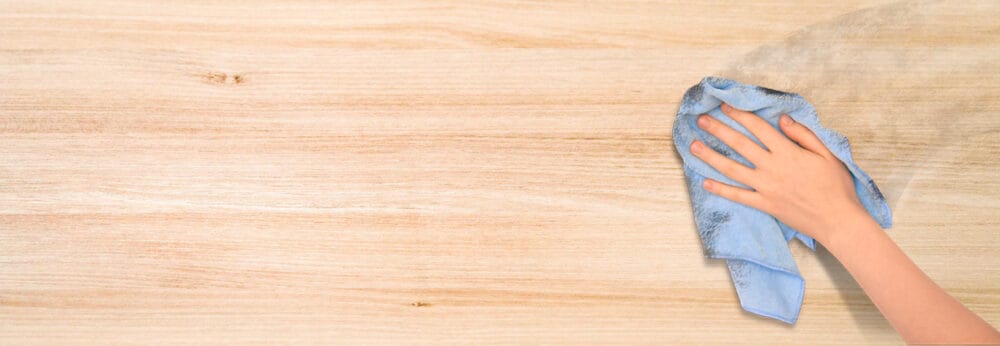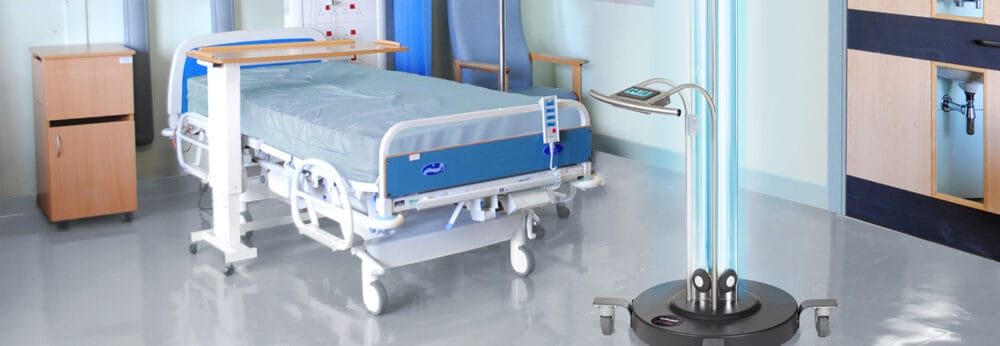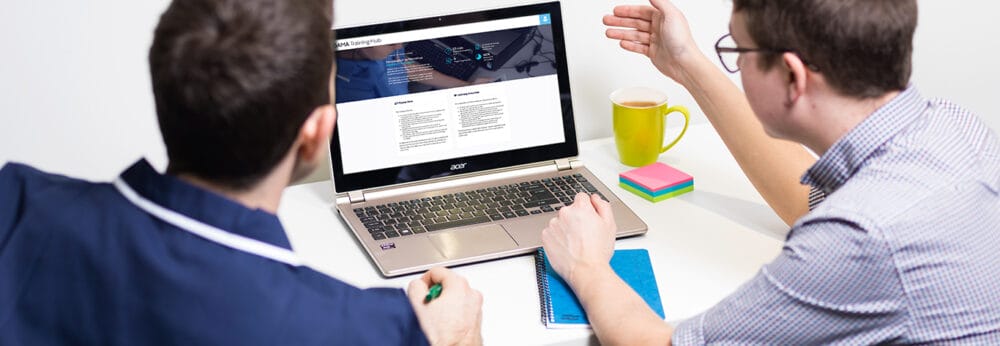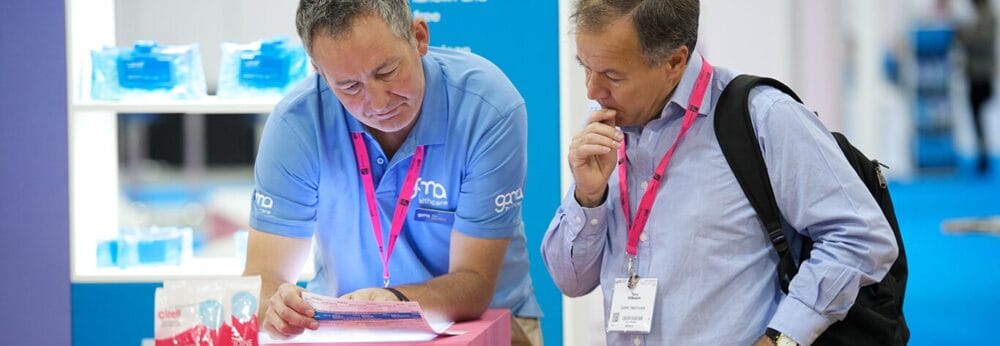Posts Tagged ‘C. DIFF’
Chlorine may not be as sporicidal as you think
It is generally accepted that sodium hypochlorite and other chlorine-releasing disinfectants are effective sporicides. Whilst this can sometimes be the case, it depends on the circumstances. A recent laboratory study showed that spores dried onto various model hospital surfaces remained viable and able to transfer to other surfaces following disinfection with a 1000 ppm chlorine-releasing disinfectant, illustrating…
Read MoreAJIC special issue on cleaning, disinfection, antisepsis and sterilisation
The American Journal of Infection Control has recently published a must-read special issue titled: ‘Disinfection, sterilization, and antisepsis: Principles, practices, current issues, new research, and new technologies.’ The special issue features a series of ‘State of the Science Reviews’ by experts in the field on cleaning and disinfection, skin antisepsis, the role of the environment in emerging…
Read MoreMicrofibre and water isn’t magical
There’s a word on the street that microfibre combined with water is suitable for all cleaning challenges. But a study from Prof Jean-Yves Maillard’s lab in Cardiff suggests that water and microfibre alone achieves only a moderate removal of bacteria from surfaces and readily transfers bacteria between surfaces. Adding disinfectants to microfibre enhances their efficacy considerably. The…
Read MoreUV room disinfection system face-off
An important new US study has performed an epic head-to-head evaluation of 8 different UV-based room disinfection systems. Whilst there were some differences between the UVC-based systems, there was a stark difference between the efficacy of the 7 UVC systems and the one pulsed-xenon UV (PX-UV) system, with the PX-UV proving considerably less effective. UV systems are…
Read MoreThe risk of keyboard contamination
Computer keyboards are a potential contamination risk in the hospital setting. A new systematic review of the literature concludes that computer keyboards are frequently contaminated and that more studies are required to understand the risk they pose and effective and practical methods to prevent and reduce contamination. Computer equipment in hospital settings, such as keyboards, mice, and…
Read MoreReducing HCAI through improved training and education
A new randomised controlled intervention study published in the Lancet Infectious Diseases by Professor Brett Mitchell and a group of Australia researchers reports that introducing an environmental cleaning bundle reduced the rate of HCAI. A new randomised controlled intervention study published in the Lancet Infectious Diseases by Professor Brett Mitchell and a group of Australia researchers reports…
Read MoreNew insights into C. difficile transmission
A review paper published in Clinical Microbiology and Infection discusses current trends in our understanding of C. difficile transmission. How much C. difficile infection we see is as a result of transmission within hospitals. How much is explained by acquisition of C. difficile prior to hospitalisation? Evidence is emerging and difficult to interpret, but it seems that more C. difficile infection that we once thought…
Read MoreUpdates from the Healthcare Infection Society’s 2018 conference
We enjoyed the recent Healthcare Infection Society’s 2018 conference in Liverpool, and thought we’d share a few highlights. You can view all of the submitted abstracts here and the invited abstracts here. The role of the environment in the transmission of HCAI was a strong theme throughout the conference, with key speakers discussing the relative importance of contaminated…
Read MoreConsidering the risk of contamination of privacy curtains in hospitals
A Canadian study reports the findings of a prospective survey of bacterial contamination of privacy curtains in hospitals. The curtains became contaminated with antibiotic resistant bacteria within weeks of being introduced into the clinical environment. The calls into question the management of privacy curtains in the healthcare setting. Previous studies have found that privacy curtains can be contaminated…
Read MoreFurther evidence that UV room decontamination reduces transmission in hospitals
A study published in the Lancet Infectious Diseases provides further evidence that UV room decontamination reduces transmission in hospitals. The multicentre cluster-randomised study showed that introducing UV room decontamination for selected patient rooms resulted in a hospital-wide reduction in C. difficile and VRE acquisition compared with standard methods of decontamination. This is a companion article to the BETR-D study that was…
Read More







